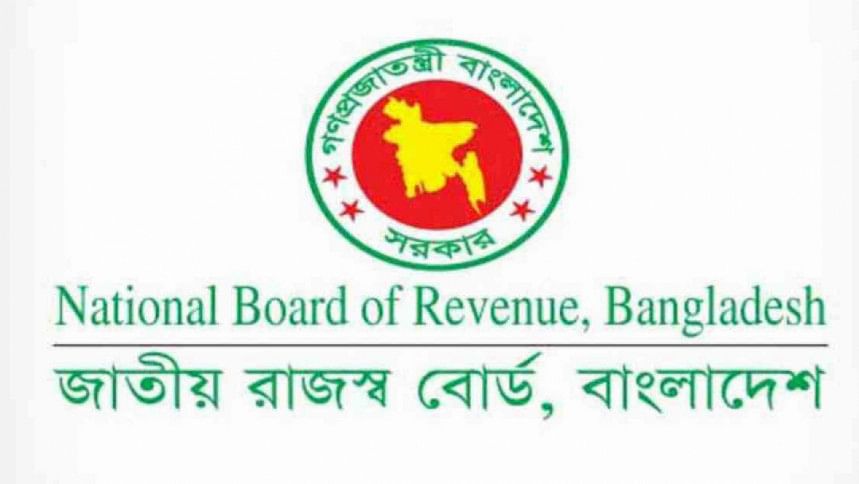NBR studying impact of US tariffs on trade

The National Board of Revenue (NBR) has launched a study to assess the impact of US tariffs on bilateral trade, said NBR Chairman Abdur Rahman Khan.
The research aims to identify the most affected products and the extent of duties imposed amid growing concerns over the country's trade competitiveness, he said today.
"This is still at the research stage. We are identifying which products come from the US, what duties are imposed on them, and which items have higher or lower value," Khan told The Daily Star in an interview.
"We have begun analysing data from multiple angles to determine which items face the highest duties and the implications of quota restrictions," he said.
"Without this analysis, no decisions can be made. First, we need the data. Only then can we determine which products have the highest and lowest import duties," he added.
Once the assessment is complete, discussions will follow, the NBR chairman said.
The finance ministry has called a high-level meeting next Sunday to review the findings and formulate a strategy, he said.
"This is a serious issue affecting the entire world. We will also monitor how neighbouring countries are responding."
Khan said authorities would act swiftly, with all stakeholders fulfilling their responsibilities as required.
Regarding Bangladesh's 74 percent tariff on US products, he said, "We are verifying this claim. It is possible they highlighted only one or two items with the highest tariffs. That is what we are investigating."
He explained that the calculation method includes customs duty, supplemental duty, advance tax, advance income tax, and advance trade VAT, all of which are factored into what is termed Total Tax Incidence.
"Different products have different tax structures. They may have taken either the highest rate or an average. We have started analysing the actual figures," he said.

 For all latest news, follow The Daily Star's Google News channel.
For all latest news, follow The Daily Star's Google News channel. 



Comments